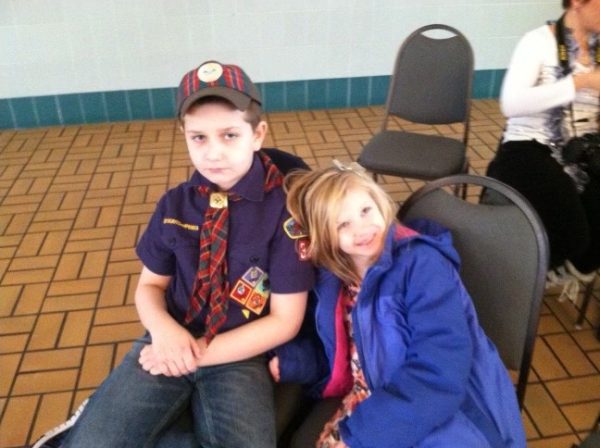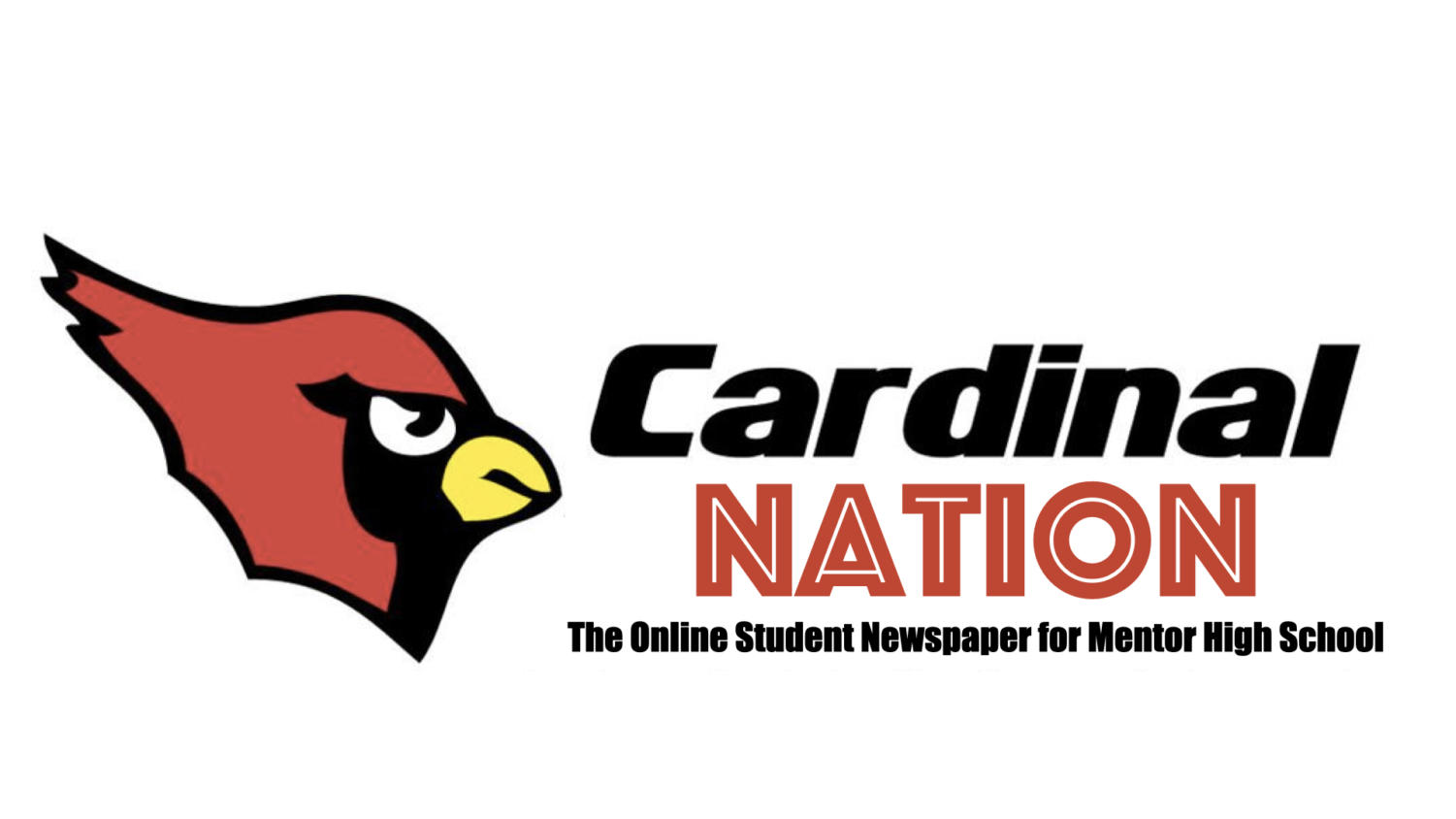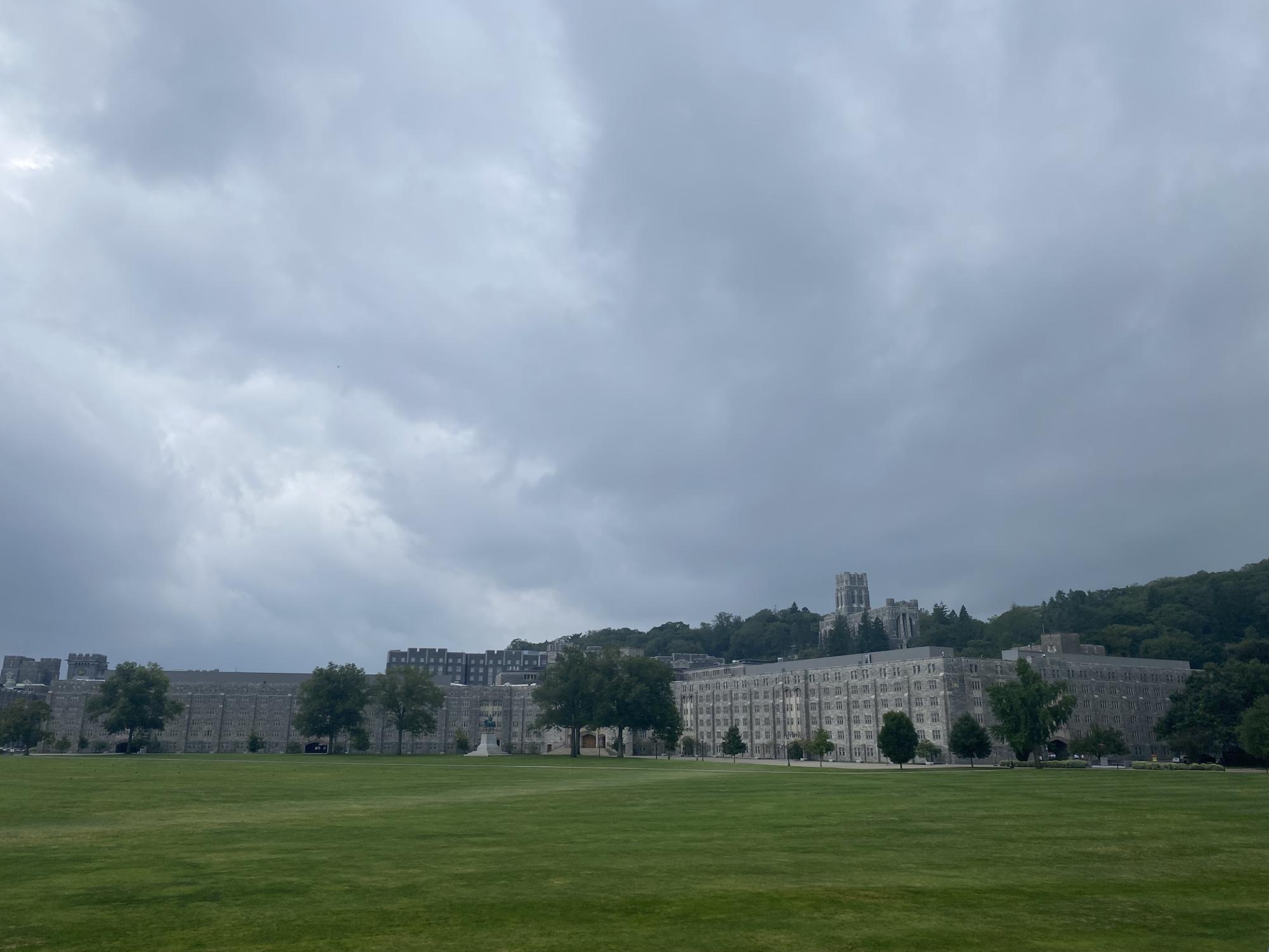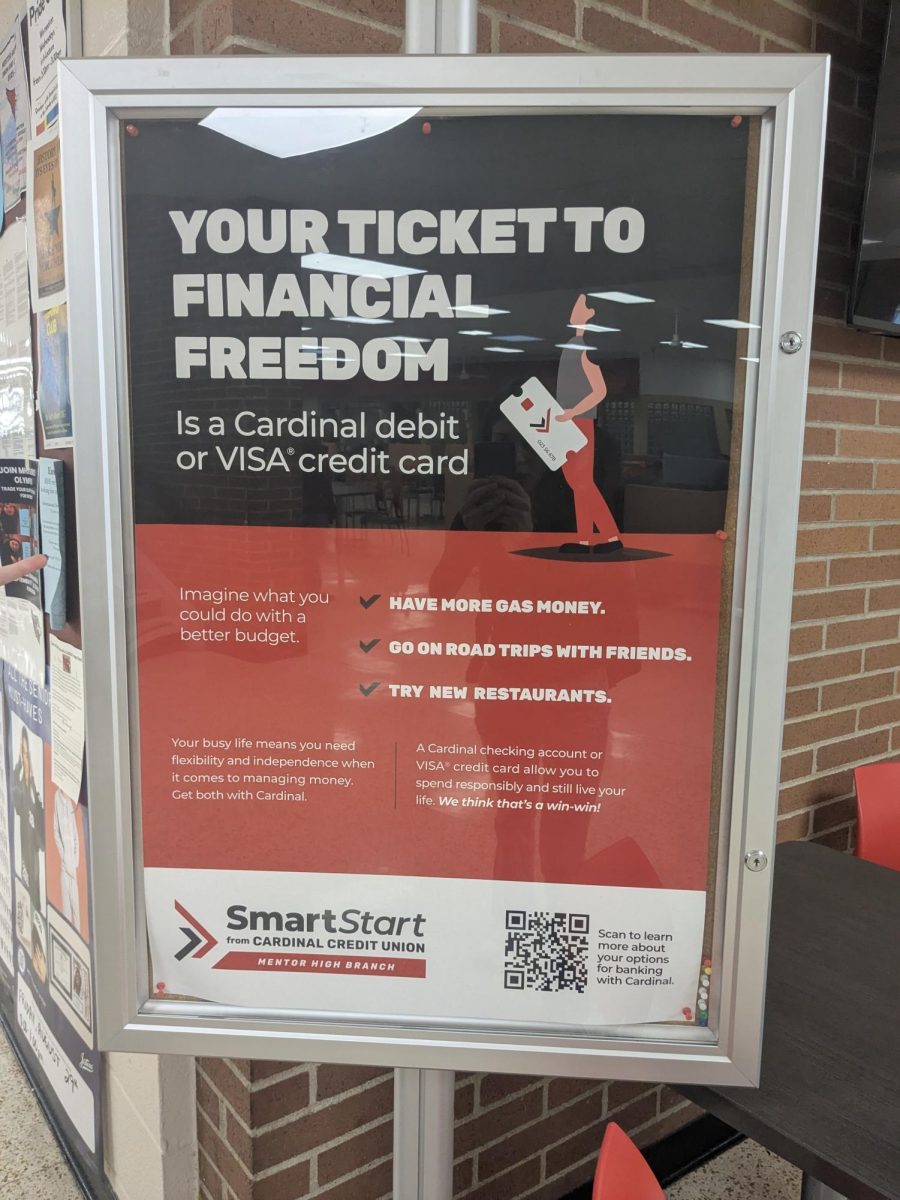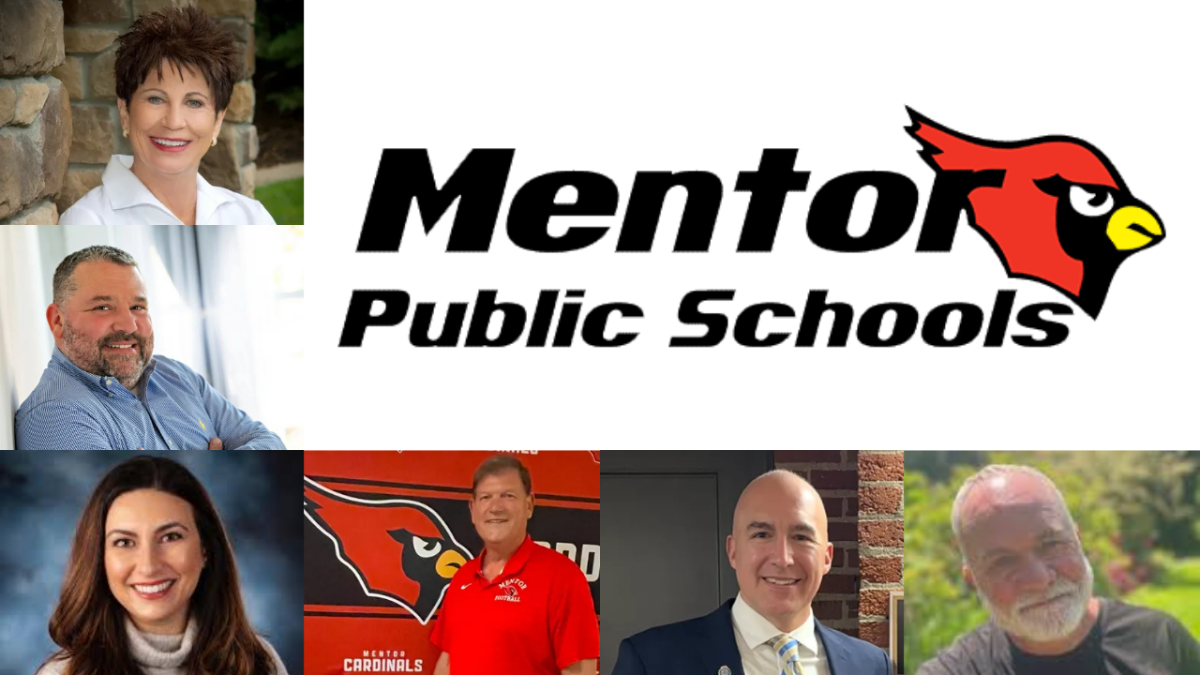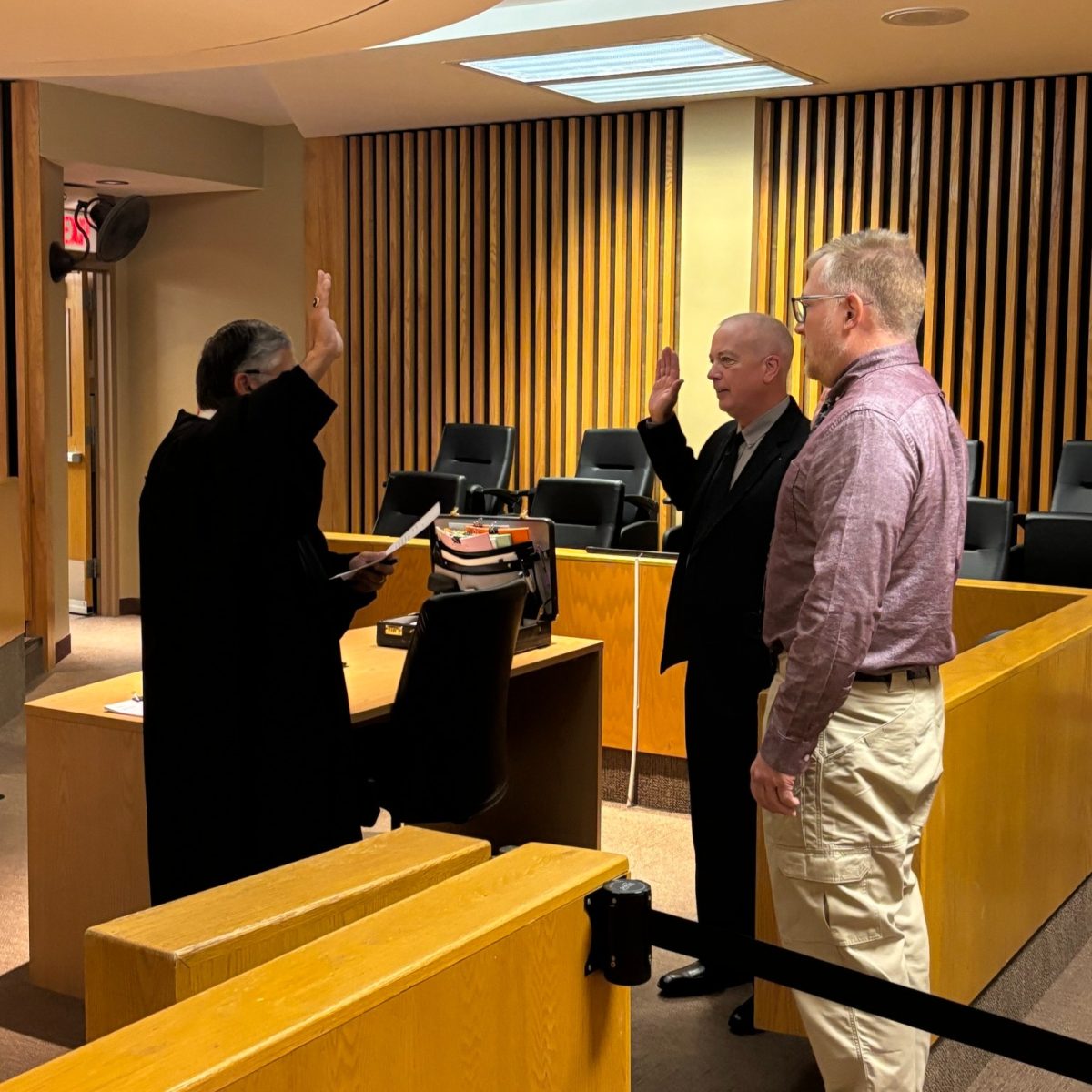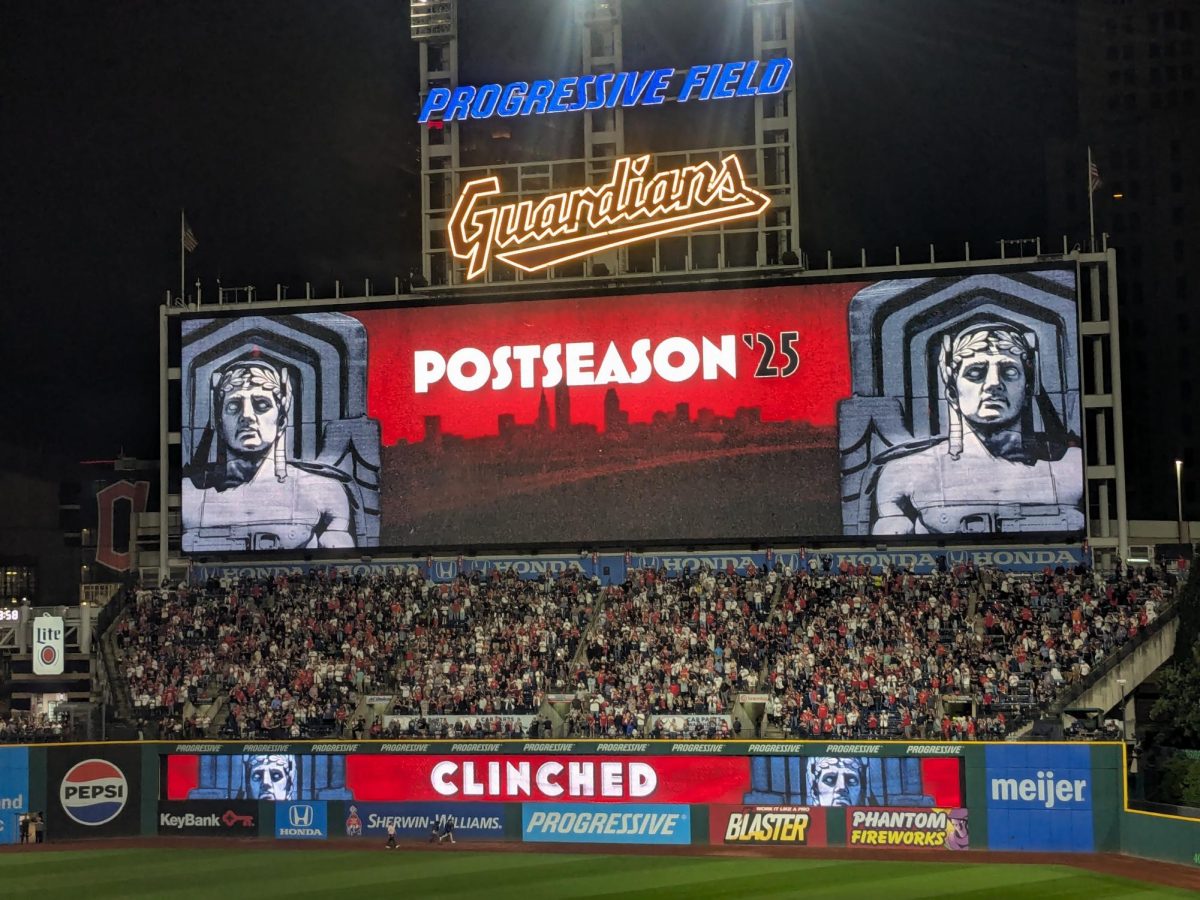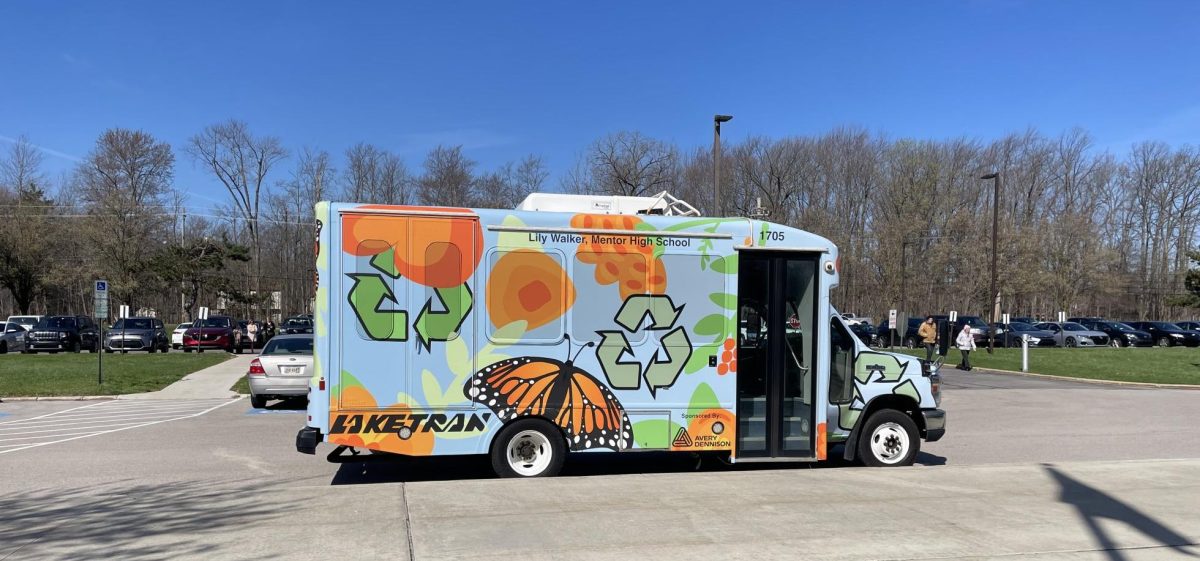Early June 2024 – My older brother, Andrew, has not even left yet, but I am writing him his first letter. I want one waiting for him when he gets there. If the P.O. Box is open, my hand is writing. Soon, Andrew would begin BEAST, the boot camp of the United States Military Academy at West Point. During this time, his phone would be inaccessible to him. Consequently, he and I would communicate exclusively via letter over the coming 6-weeks. I feel stupid while writing; he and I barely talked over the past several months while he was at Marion, a military academy prep school. We called every one or two weeks, and I read his texts in the family group chat, but truthfully, most of our communication came about in the form of sending each other Instagram Reels. We knew the important stuff, of course, like when he got into West Point or when I got a new position on my school’s Model U.N. Secretariat, things that would be listed on a resume, but if you asked us what the other did on a day to day basis, we could not tell you. This is a stark contrast from the previous year. When I was a freshman and he was a senior, we used to drive to and from school every day, share a math teacher, and compete on the same Model U.N. team. I could tell you everything there was to know about him; now, I’m sure people he had met just a few months prior at Marion knew him far better than I did. Regardless, I write this letter, because my mom had made it clear we have to, and because despite what I tell people when they ask, I think I might just miss him already.
July 11th, 2024 – I receive my first letter back from my brother. The time I send him a letter to the time I receive a response is about a full week, assuming he writes back as soon as he gets one. He, of course, does not. Between the endless briefs, land navigation tests in the pouring rain, and PT in the sweltering heat, he barely has time to sleep, let alone write. But despite the sparse responses, and their often nonsensical nature — he writes them while half-awake at best — I know that my letters are appreciated. Any communication with the outside world must be.
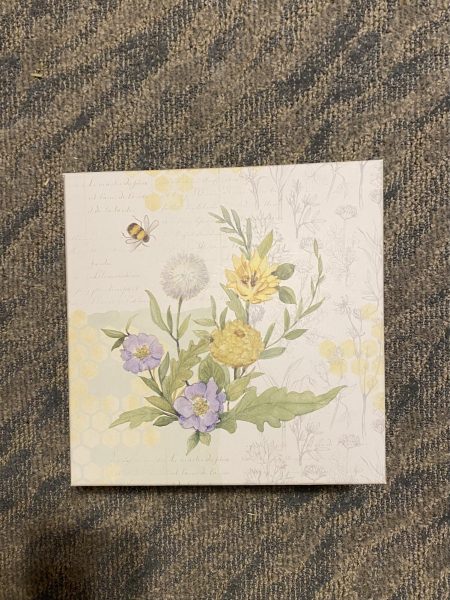
Late July, 2024 – My letters to my brother can be characterized by their lack of order and my stream of consciousness. The delay in response and lack of face-to-face communication makes it easy to forget these letters will actually be read by someone. They quickly begin to resemble journal entries. I stop writing what’s happening and start writing what I’m thinking. Andrew does the same.
August 1st, 2024 – I received a letter from Andrew, which includes a verse of a cadence he says reminds him of me,
“Somewhere there’s a sister,
And she misses her big bro,
he’s a U.S. Soldier,
And he said he had to go,
But don’t you shed him no tears,
He don’t need your sympathy,
He’s a U.S. Soldier,
He’s the best that he can be.”
I believed my brother had, in many ways, forgotten about me. He was at West Point to “serve God and country.” Surely, his little sister was not of significance to him at the time. He had a greater purpose calling him. Apparently, I was wrong. I think about him all the time. Was he safe? How much sleep was he getting? How can I insert into this conversation that my brother goes to West Point? Two of my friends tell me I talk about him a lot. They say it might be a little too much. I still think he’s pretty brag-worthy. I doubt he thought about me as often as I thought of him, but I find solace in the fact that I seemed to still make his list of priorities.
Early August, 2024 – Depending on how gracious the Cadre were feeling, my family received occasional phone calls from Andrew, typically with a 10-minute time limit. During the calls, I — once again — realized that I could not know less about my brother’s life. He tells us of tests, friends, and in-field experiences like we already know about them. I do not. These are meant to be updates, but they are pieces of entirely new information to me. What is he writing in letters to the rest of my family that he is not writing in mine? After he would hang up, I was often left feeling a little defeated. I thought I had done quite an impressive job keeping in touch with him despite the distance and technological barriers between us, but I felt like everyone was in on critical pieces of information I was simply unaware of.
August 8th – I had written Andrew about a long-time childhood friend of mine who was moving away just as I was starting the ill-famed junior year of high school. I wrote to him about my uncertainty about the future, how odd growing up feels, and my complicated relationship with leaving the past in the past. He wrote me back about the same. As you can imagine, the Andrew Freeman who entered BEAST would not be the same one who left, so he had plenty of anecdotes surrounding change. For all our differences, of which there are many, his response hushed every wailing uncertainty and soothed every lingering sense of anxiety. He told me that the moments where we feel the most uneasy, times where we feel ourselves moving forward and regressing at the same time, are the moments where we grow the most. He told me we should feel grateful to have lived lives with pasts worth missing, and he told me to not let my teenage angst prevent me from seeing the beauty of being 17 years old and having the whole world ahead of me. I realized, as I read his response, that no, I could not tell you what he did that day. I could not even make a good guess, but I did know what he thought that day, and perhaps that is more valuable.
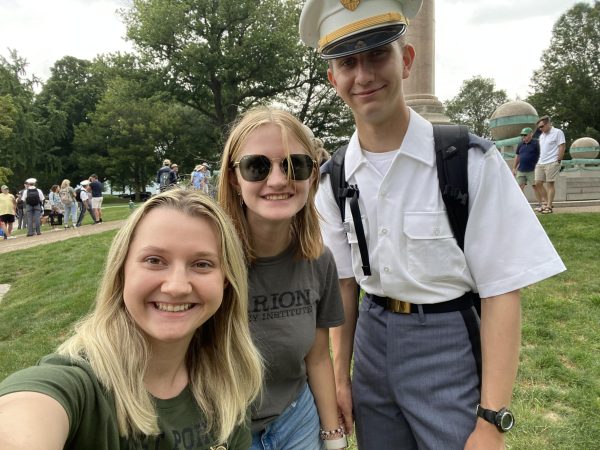
Present-day – Andrew has been done with BEAST for a long time now. He is a full-fledged Cadet Private with unrestricted access to his phone. Still, I am pretty sure we communicate via letter more than we do via text or call. Not that I physically write more words in my letters than I type in my texts — my hand does cramp after a while — but I say more in my letters. There is something about the written and delayed art of letter-writing that allows for far more emotional vulnerability than the same app that has GamePigeon on it does. Jeffrey Kluger once said, “Our parents leave us too early, our spouse and our children come along too late. Our siblings are the only ones who are with us for the entire ride.” My siblings and I used to fight constantly as children. By the time we realized we actually liked each other, the time had come for my older siblings to leave the house and become adults. I think about this quote every time I miss them. We have different interests, goals, political views, and values, but I am fairly certain no one knows anyone like I know them and they know me. I give much of the credit to letter writing for my current connection to Andrew. Today, if you asked me to, I still cannot describe the things he does. However, if you ask me to describe who he is, well, I can do that, no problem.
